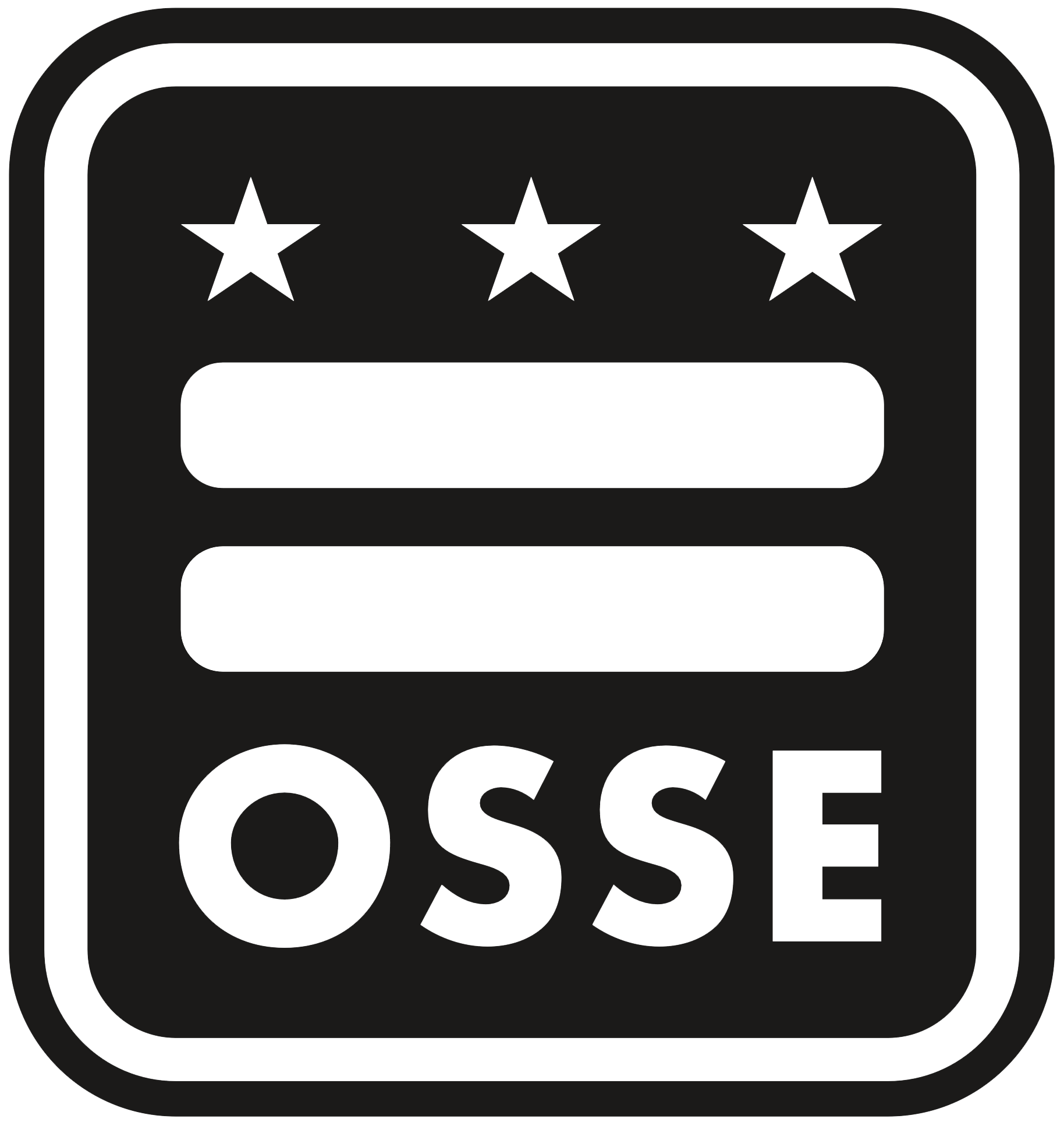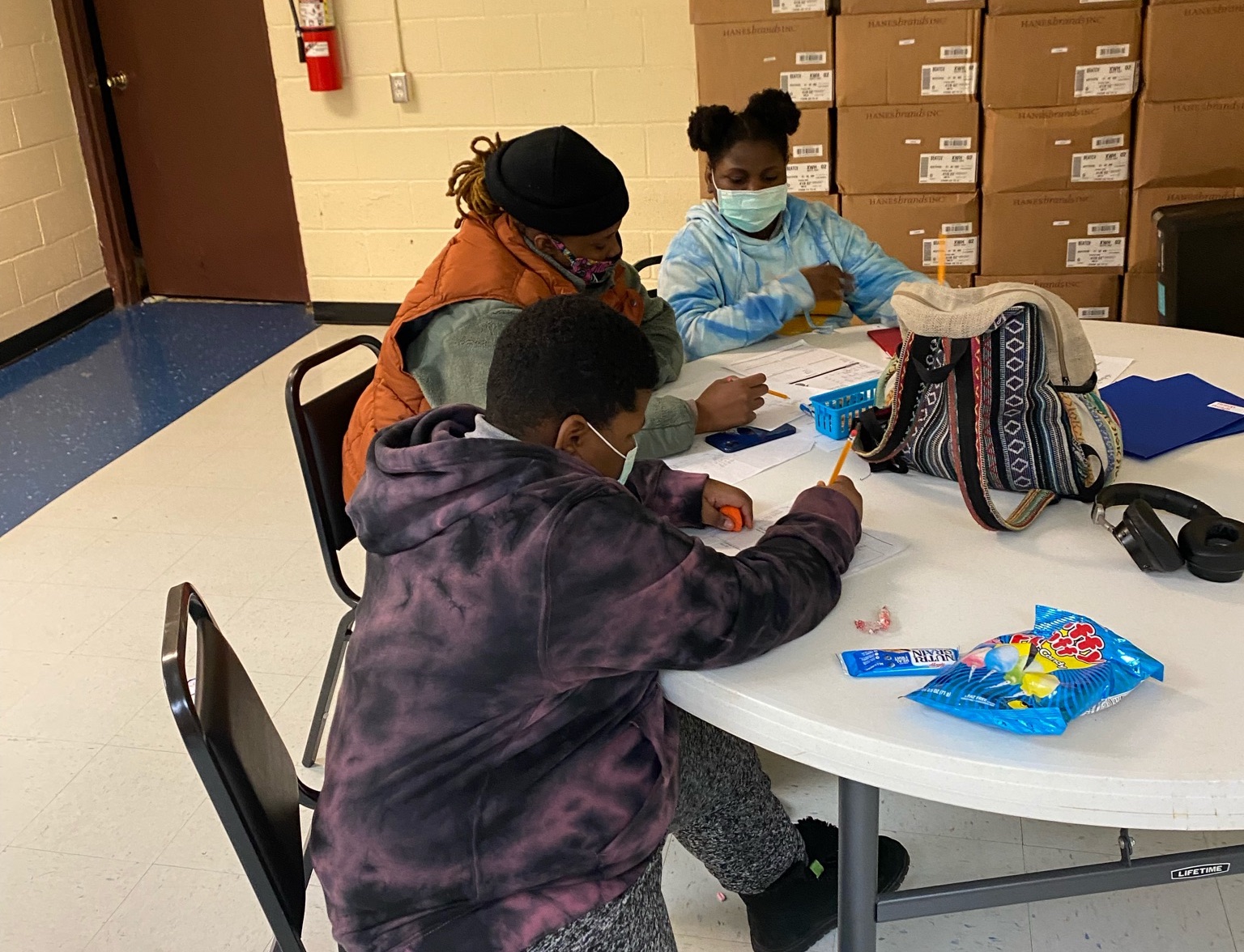Research shows that high-impact tutoring can lead to larger learning gains in math and reading than other school-based interventions when it meets standards. Learn more about the citywide high-impact tutoring strategy.
In partnership with the Office of the State Superintendent for Education (OSSE), CityTutor DC has developed this toolkit to share resources and supports to help school leaders brainstorm and implement high-impact tutoring (HIT) in their schools, aligned to the following standards drawn from national research on HIT.
High-impact tutoring (sometimes referred to as “high-dosage tutoring”) is a research-backed practice to substantially improve academic outcomes. High-impact tutoring is meant to supplement classroom learning and complement teacher curriculum. In a small group or one-on-one setting, a trained tutor and student meet frequently and consistently, typically with a focus on math or literacy. While these tools can be useful to many stakeholders, the intended audience of this guide is school leaders in Washington, DC.
Many of these tools are discussed in and derived from the CityTutor DC Design Sprints, a multi-week learning series to support schools and community-based organizations in designing and implementing high-impact tutoring in their daily work. Learn more here.


View Main Session slides or join us for a live training!

Why should you consider high-impact tutoring as an acceleration strategy for your students?
Resources
What curricular materials and training will the tutors use?
Resources
Can you modify your schedule since school day tutoring is most effective? Can you find 90 minutes per week for each student and maximize the number of students getting high-impact support?
Resources
Will students be pulled from class to a designated space for tutoring and are teachers supportive? Will tutors push into a small group time with the teacher? If after school, will students be guided to a space and set up for tutoring success?
Resources
How can you design collaboratively for the students at the margins with empathy, considering your own identity? How can you navigate logistics such as procurement and any central LEA office requirements?
Resources
How can you make an informed decision for budgeting? How could you approach requests for proposals?
Resources
For more information about CityTutor DC and the work we do, check out our general FAQs or our video.
Follow us on social media @citytutordc
*CityTutor DC (CTDC) is a coalition of over 50 members connecting schools, community-based organizations, civic partners, and other committed stakeholders to accelerate learning for Washington, DC students through high-impact tutoring according to research based standards. CTDC has partnered with OSSE to support our State Education Agency in achieving their goal: a majority of at-risk students across DC are on track to recover from interrupted instruction during the COVID-19 pandemic via access to high-impact tutoring programs at their schools.
Privacy Policy · Website designed by Buoy
Join CityTutor DC on Wednesday, November 20, for A Brighter Future: Learnings from Transforming Teaching, as we celebrate key findings and lessons learned during the pilot year of our Transforming Teaching Pilot (TTP) initiative.